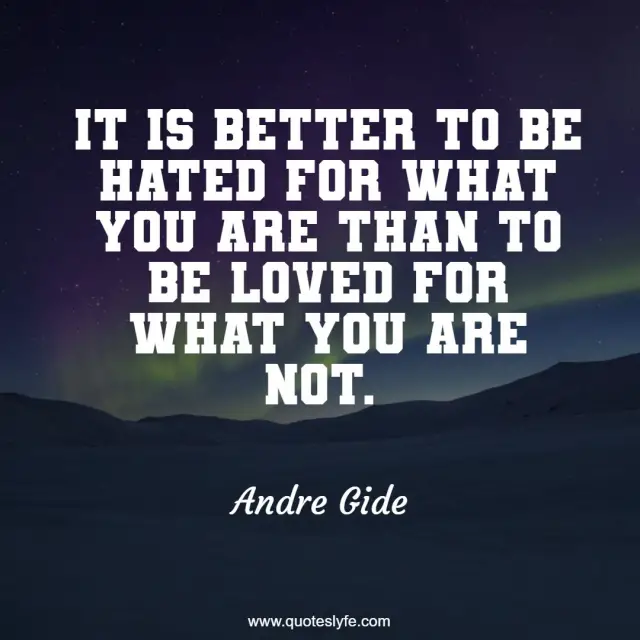
If you get the judgment call wrong, there's no way back. In saying that Hamlet is acknowledging that, not only does each living person discover death for themselves, as no one can return from it to describe it, but also that suicide is a one-way ticket. Death is called the undiscover'd country from which no traveller returns. He can't be sure what death has in store it may be sleep but in 'perchance to dream' he is speculating that it is perhaps an experience worse than life. Hamlet's dilemma is that although he is dissatisfied with life and lists its many torments, he is unsure what death may bring ( the dread of something after death). What Hamlet is musing on is the comparison between the pain of life, which he sees as inevitable ( the sea of troubles - the slings and arrows - the heart-ache - the thousand natural shocks) and the fear of the uncertainty of death and of possible damnation of suicide. With this regard their currents turn awry,Īnd lose the name of action.-Soft you now! Is sicklied o'er with the pale cast of thought, Thus conscience does make cowards of us all The undiscover'd country from whose bournĪnd makes us rather bear those ills we have With a bare bodkin? who would fardels bear,īut that the dread of something after death, That patient merit of the unworthy takes, The pangs of despised love, the law's delay, The oppressor's wrong, the proud man's contumely, When we have shuffled off this mortal coil,įor who would bear the whips and scorns of time, To sleep: perchance to dream: ay, there's the rub įor in that sleep of death what dreams may come That flesh is heir to, 'tis a consummation

The heart-ache and the thousand natural shocks Or to take arms against a sea of troubles,Īnd by opposing end them? To die: to sleep The slings and arrows of outrageous fortune, Whether 'tis nobler in the mind to suffer To be, or not to be: that is the question: It is, of course, from Shakespeare's play Hamlet, 1602 (Shakespeare's actual title is - The tragedie of Hamlet, Prince of Denmarke): Certainly, if asked to quote a line of Shakespeare, this is the one that first comes to mind for most people. 'To be or not to be' is probably the best-known line from all drama. Shakespeare's line 'to be or not to be' is usually interpreted as meaning 'is it better to live or to die'? What's the origin of the phrase 'To be or not to be, that is the question'? Shakespeare What's the meaning of the phrase 'To be or not to be, that is the question'?.Many people continue to use this "To be or not to be" quote by William Shakespeare in famous quotes about life. It's no wonder that expressions from his works in literature, including the "To be or not to be" quote, are an 'anonymous' part of the English language. Did you know that William Shakespeare is credited by the Oxford English Dictionary with the introduction of nearly 3,000 words into the language. With this regard their currents turn awryĪlthough set in different times many of the most famous quotes about life and love by William Shakespeare are still relevant today. Is sicklied o'er with the pale cast of thought,Īnd enterprises of great pitch and moment Thus conscience does make cowards of us all, The undiscovere'd country, from whose bournĪnd makes us rather bear those ills we have With a bare bodkin? Who would fardels bear,īut that the dread of something after death, The pangs of dispriz'd love, the law's delay, Th'oppressor's wrong, the proud man's contumely, To sleep, perchance to dream-ay, there's the rub:įor in that sleep of death what dreams may come, That flesh is heir to: 'tis a consummation

Or to take arms against a sea of troublesĪnd by opposing end them.

To be, or not to be, that is the question:


 0 kommentar(er)
0 kommentar(er)
